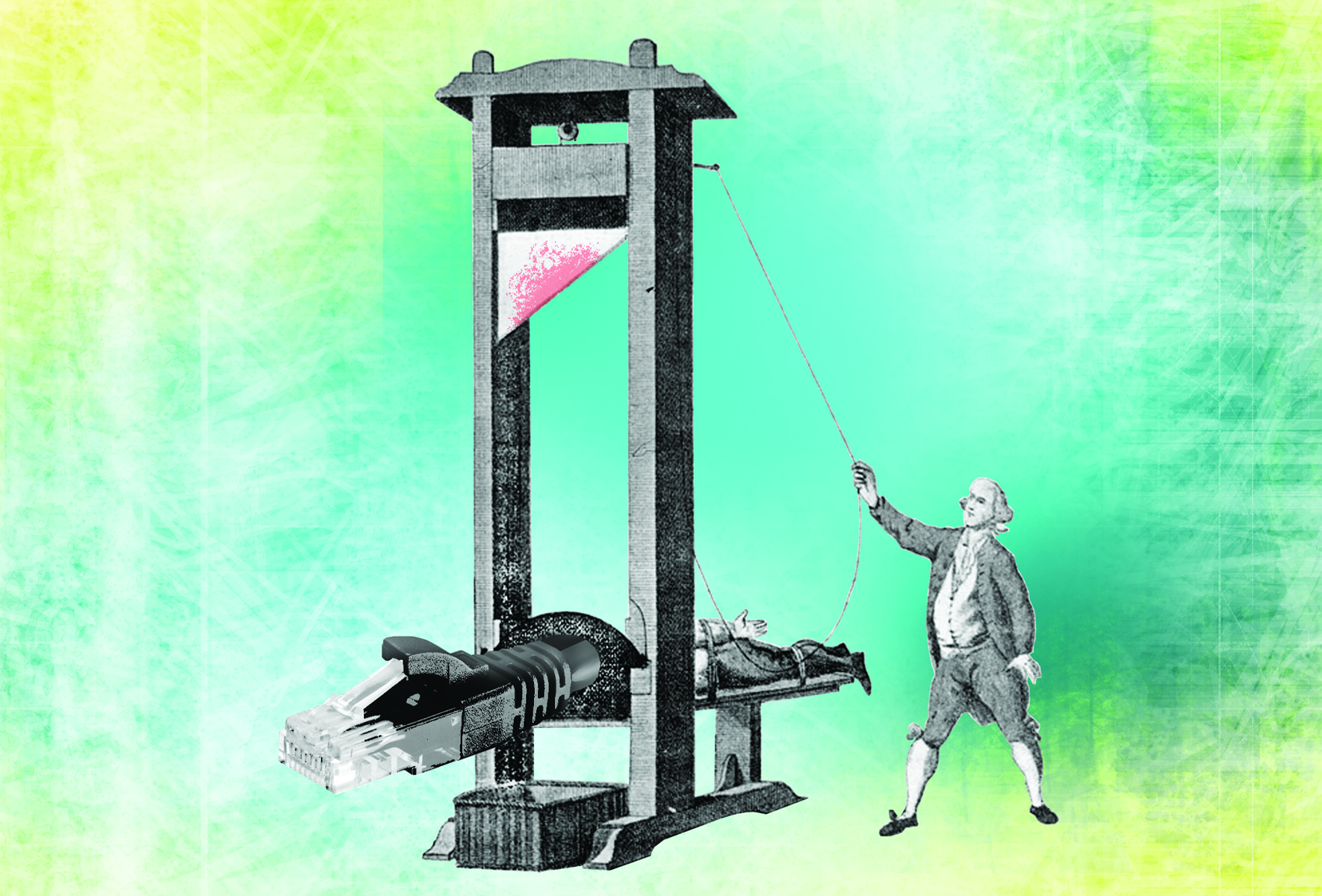Canadian courts have revealed their true priorities in the move to censor the internet.
On Nov. 15, the Federal Court officially ordered Canadian internet service providers (ISPs) to block access to a website selling pirated content.
In the rationale for making the decision, the court deemed that the ruling would not infringe on freedom of expression or net neutrality.
The case made its way up to the Federal Court when Canada’s largest telecommunications companies teamed up to file a complaint earlier this year.
The court’s rationale is short-sighted. Ordering ISPs to censor the internet is a recipe for disaster, and contrary to what should have been done to address piracy.
Concerns should have been addressed through the parliamentary process.
Canada already has legislation which deals with this type of theft, including the Copyright Act, the Telecommunications Act and the Broadcasting Act. They just need modernization since each are over 25 years old.
Rather than going through these channels and making legislative recommendations, ISPs — because of their power — were rushed into a court case and given a ruling which sets a dangerous precedent.
ISPs should not be dictating what is and isn’t viewable on the internet. Giving them this power will obviously have adverse effects on the free and fair exchange of ideas.
This dynamic can be seen in the U.S.
While the gigantic ISPs and the biggest corporations who own content always win, independent media and free and fair expression lose.
ISPs have an incredible amount of control over the internet in the U.S., and the control was only strengthened when the Federal Communications Commission eliminated net neutrality rules.
During a CNN Democratic presidential candidate debate in August, many independent media networks gave commentary on the debate in real time.
Instead of being allowed to stream the content and comment — the personification of fair use — their streams were instead, almost immediately, shut down by streaming platforms like YouTube and Twitch.
These streaming platforms are not held accountable to the U.S. government and its copyright laws, but rather how the ISPs’ interpretation of what is deemed to be fair use.
CNN’s parent company, Turner Broadcasting System, is owned by AT&T — one of the largest ISPs nationwide.
If websites are accountable to gigantic corporations that drive the traffic to their site, they will ultimately side with those same corporations.
In Canada, the Federal Court’s ruling is a ticking time bomb.
Canada’s largest ISPs also own much of the content Canadians consume online.
This includes the news media, with CTV owned by Bell Media and Global News owned by Shaw Communications. The same goes for sports networks, with Rogers Media owning Sportsnet and Bell Media owning TSN.
This newfound authority of ISPs to censor content will have adverse effects, and the effects will come soon.
Any smaller, independent person or company that is not well-connected will be subject to the rules of ISPs, who now wield the authority to literally shut down entire platforms. Big telecom — who provided internet services to nearly 90 per cent of Canadians in 2017 — is widely known to work together with its oligopoly to raise prices.
Why would they then not use these new rules to similarly benefit themselves and their content by drowning out smaller voices?
Any independent outlet is likely not to stand a chance.
In sports, independent podcasts rely on the large corporations’ coverage of games to provide commentary. Similarly, with news, independent media largely relies on the coverage of the large companies who have the resources to do investigative journalism.
Who’s to adjudicate the interpretation of what can and cannot be used for the purposes of commentary? If it’s up to the corporations who own the content, it will not be a benevolent interpretation.
It’s clear that this Federal Court ruling must be appealed.
But more than just an end to ISPs’ control over internet content, ISPs’ stranglehold of the market and power as a whole must be broken up.
It is only due to the immense power of an oligopolistic industry that a case like this — arguing over the right to make a profit off of content — made its way to the Federal Court in the first place.



